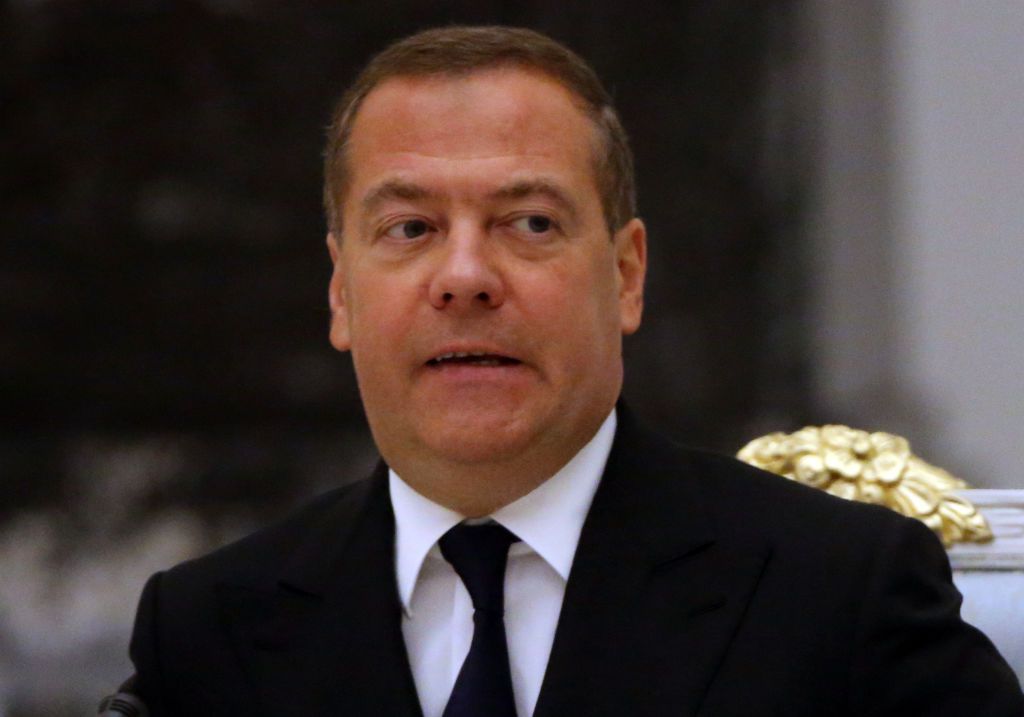Russia’s deputy chairman of the Security Council, Dmitry Medvedev, has threatened to seize assets and property of U.S. individuals in Russia if Washington confiscates Russian sovereign assets. This comes in response to the U.S. Congress approving the REPO Act, which would allow President Joe Biden’s administration to seize Russian assets held in American banks and funnel them to Ukraine. Western countries and Kyiv’s allies have frozen around $300 billion of Russian assets, with $5 billion held in the U.S. Medvedev stated that Russia does not have a significant amount of U.S. government property to retaliate with, but could target money, real estate, and movable property owned by private U.S. individuals within Russian jurisdiction.
While Congress has passed the bill allowing the confiscation of Russian assets, it remains unclear how or if Biden plans to proceed with such a step. Washington has been a strong advocate for funneling Russian funds directly to Kyiv, while European countries have been more hesitant due to concerns about economic and legal consequences. The EU has been working on a plan to use the profits generated by frozen assets to fund defense assistance for Ukraine. Moscow has threatened to lower diplomatic relations with the U.S. if its assets are seized, further straining relations between the two countries already significantly deteriorated since the start of the invasion.
The U.S. became the first nation to adopt legislation allowing the confiscation of frozen Russian assets for Ukraine with the signing of the REPO Act on April 20. President Biden signed the act alongside a $95 billion foreign aid bill that included $61 billion for Kyiv on April 24, setting the legal basis for liquidating frozen Russian assets. This move represents a significant escalation in the conflict between Russia and the West, with Moscow warning of potential consequences if its assets are targeted. The bill sets the stage for potential economic repercussions and further strains on diplomatic relations between Russia and the U.S.
The threat of seizing assets of U.S. individuals in Russia is seen as a retaliatory measure by Moscow in response to the U.S.’s actions. While Russia claims to have a legal basis for targeting private U.S. individuals’ property within its jurisdiction, the international community is closely watching how this situation unfolds. The implications of such actions could have a ripple effect on global financial markets and diplomatic relations, with both Russia and the U.S. potentially facing consequences for their actions. The situation highlights the ongoing tensions between Russia and Western countries, with the conflict in Ukraine at the center of the dispute.
The debate over freezing and confiscating Russian assets highlights the complex nature of international relations and the use of economic leverage as a tool in conflicts. As Ukraine continues to face the brunt of the Russian invasion, the international community is navigating how best to support the country while balancing economic interests and diplomatic consequences. The decision to seize assets held in foreign countries represents a significant escalation in the conflict and raises questions about the legality and ethical implications of such actions. The situation underscores the need for continued dialogue and diplomatic efforts to address the crisis in Ukraine and prevent further destabilization in the region.















